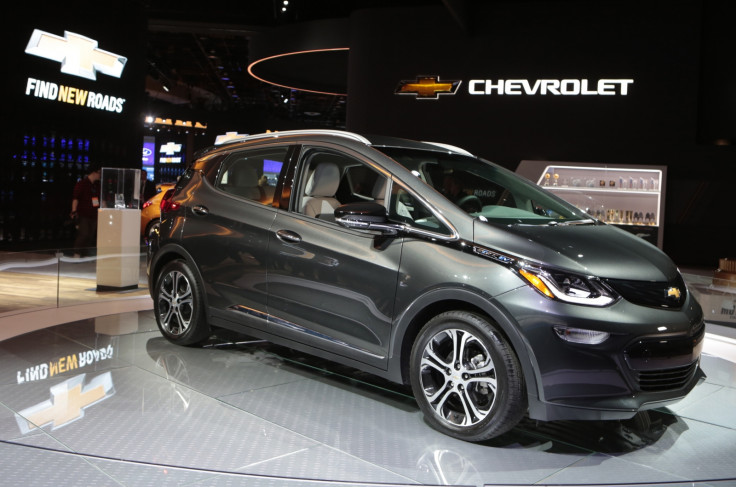Chevrolet Bolt: General Motors initiates global recall of affected units due to fire risk
Bolt owners are currently instructed to park them outside for the meantime until Chevrolet confirms the issue has been resolved.
With the majority of carmakers already expressing their plans of shifting to all-electric configurations moving forward, advancements in battery technology are becoming an essential aspect of development. Although building an emission-free platform might seem like a straightforward process for a seasoned carmaker such as General Motors (GM), it is not without some issues. Unfortunately, regulators have identified an issue which deems the Bolt a potential fire hazard which prompted the company to recall close to 69,000 units of the electric vehicle (EV).
What apparently led to this dilemma are reports of Chevrolet Bolt batteries catching fire. So far, five have already been documented, but the exact cause of the malfunction remains undetermined. Moreover, the incidents resulted in two individuals who suffered smoke inhalation and one house that was burned when the fire spread from the automobile, said ABC News.
Therefore, Bolt owners are currently instructed to park them outside for the meantime until Chevrolet confirms the issue has been resolved. For now, a temporary solution offered by the manufacturer is to install a software update that limits the charging capacity to 90 percent only. There is currently no timeframe as to when the investigation will conclude.
The recall includes Bolt models from 2017 to 2019 and close 51,000 are in the United States. According to the U.S. National Highway Traffic Safety Administration, a documented incident reveals the fire appears to have started below the rear seats while the Chevrolet Bolt was parked and unattended.
Additional details reveal the batteries of the affected units were sourced from a specific LG Chem factory in South Korea. Furthermore, the fires broke out when batteries were almost at full capacity. "We have no confirmed incidents from vehicles with cells not produced at this factory or a lower state of charge," noted Bolt Executive Chief Engineer Jesse Ortega.
Meanwhile, 2020 and 2021 versions of the Bolt, as well as some 2019 units which are equipped with batteries produced by an LG Chem factory in Holland, Michigan seem to be unaffected. Therefore, owners should be aware that their EVs are not included in the recall. For now, the best solution is to follow the guidelines imposed by GM until the affected vehicle has been serviced by marque's engineers.

© Copyright IBTimes 2025. All rights reserved.





















